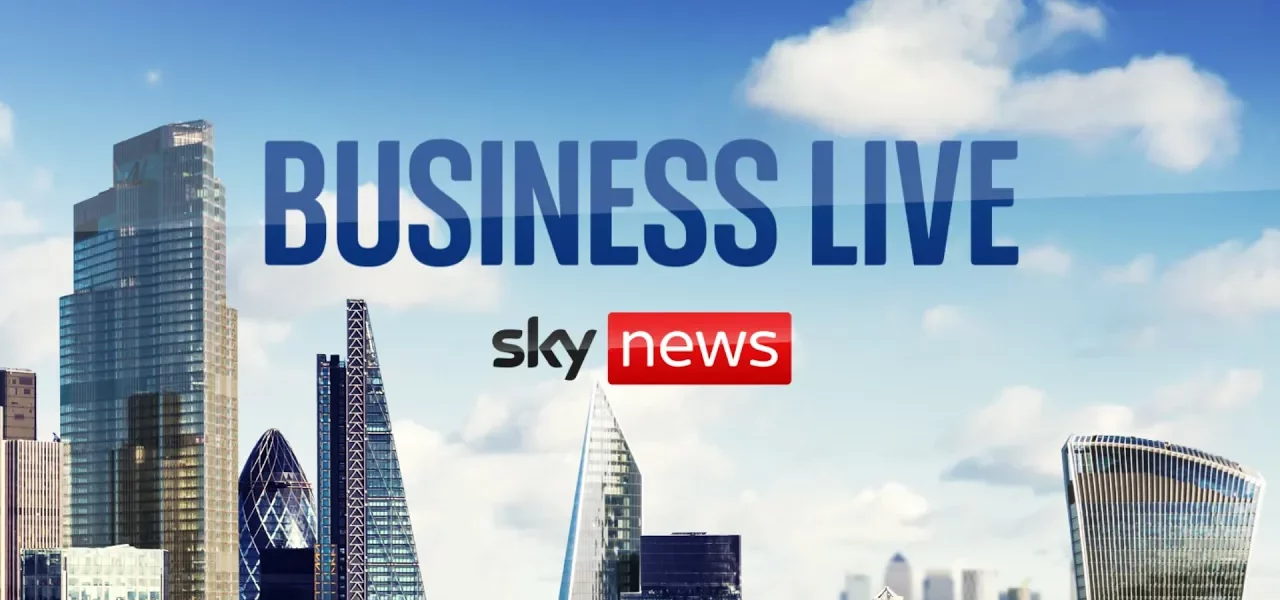The Impact of Capital Gains Tax on UK Investment

Welcome to our in-depth analysis of the current business landscape in the UK, where we discuss the implications of proposed capital gains tax increases, budget constraints, and the effects of economic conditions on entrepreneurship and investment.
Introduction
In recent discussions surrounding the UK economy, the topic of capital gains tax has emerged as a pivotal point of contention. As the Chancellor grapples with a budgetary deficit of £440 billion, the implications of increasing capital gains tax have been brought into focus. A new study conducted by the Institute for Public Policy Research (IPP) suggests that raising this tax will not deter millionaires from investing in the UK, contradicting fears that higher taxes would stifle entrepreneurship. This article delves into the findings of the IPP’s research, the perspectives of influential business figures, and the broader implications for the UK economy.
The Findings of the IPP Study
The IPP’s research indicates that entrepreneurs prioritize market conditions and access to finance over the capital gains tax rate when making investment decisions. This section will explore key insights from the study.
Understanding Capital Gains Tax
Capital gains tax is imposed on the profit realized from the sale of non-inventory assets. It is crucial to understand how this tax impacts investor behavior:
- Capital gains tax affects the amount investors receive when selling assets, not the operational aspects of running a business.
- Entrepreneurs often focus on broader economic indicators rather than tax rates.
Impacts on Entrepreneurship
According to the IPP, increasing capital gains tax does not necessarily reduce entrepreneurship. The study highlights:
- Over 30 government schemes already target support to entrepreneurs, such as the Enterprise Investment Scheme.
- High-value contractors and passive asset owners benefit disproportionately from low capital gains taxes.
- Recommendations for reforming capital gains tax include introducing an investment allowance and closing loopholes.
Business Leaders Weigh In
To gain perspective on the IPP’s findings, we consulted two prominent millionaires: Julia Davis and Charlie Mullins. Their contrasting viewpoints provide an insightful look at the implications of capital gains tax on real-world business practices.
Charlie Mullins’ Perspective
Charlie Mullins argues that raising capital gains tax will significantly impact investment decisions, stating:
- Increasing the tax from 20% to potentially 40% would deter investment and drive business owners out of the UK.
- He expresses concern that the government lacks understanding of the business landscape, potentially leading to harmful economic policies.
Julia Davis’ Counterargument
In contrast, Julia Davis asserts that many entrepreneurs do not consider capital gains tax a primary concern:
- She emphasizes that successful business owners focus on growth and profitability, rather than tax implications.
- Julia believes that a well-invested country enhances business conditions, suggesting a need for increased public investment in services and infrastructure.
Government Budget Concerns
As the government prepares for a critical budget announcement, tensions have risen among various departments regarding spending settlements. This section discusses the current challenges faced by the Chancellor and the potential ramifications for the UK economy.
Missed Spending Deadlines
Several government departments have reportedly failed to meet deadlines for agreeing on spending, indicating:
- Heightened pressure on the Chancellor to negotiate budget cuts without sacrificing essential services.
- Concerns among cabinet ministers about the political fallout from proposed spending reductions.
The Path Ahead
In light of the upcoming budget, experts predict that the Chancellor will need to make difficult decisions that could significantly shape the economic landscape:
- Addressing the £22 billion funding gap will require innovative solutions and potentially unpopular tax reforms.
- Public sentiment may play a crucial role in shaping the acceptance of budgetary measures.
Conclusion
The ongoing debate surrounding capital gains tax and its implications for UK entrepreneurship highlights the complex relationship between taxation and economic growth. While some business leaders express concerns about the potential impact of tax increases, studies suggest that investment decisions are more heavily influenced by broader economic conditions. As the government navigates budgetary challenges, the outcomes of these discussions will be pivotal in determining the future investment landscape in the UK.
For further insights on the UK economy and related business topics, explore our other articles on [related articles link]. Stay informed and engaged with the ongoing developments in the business world.
“`




